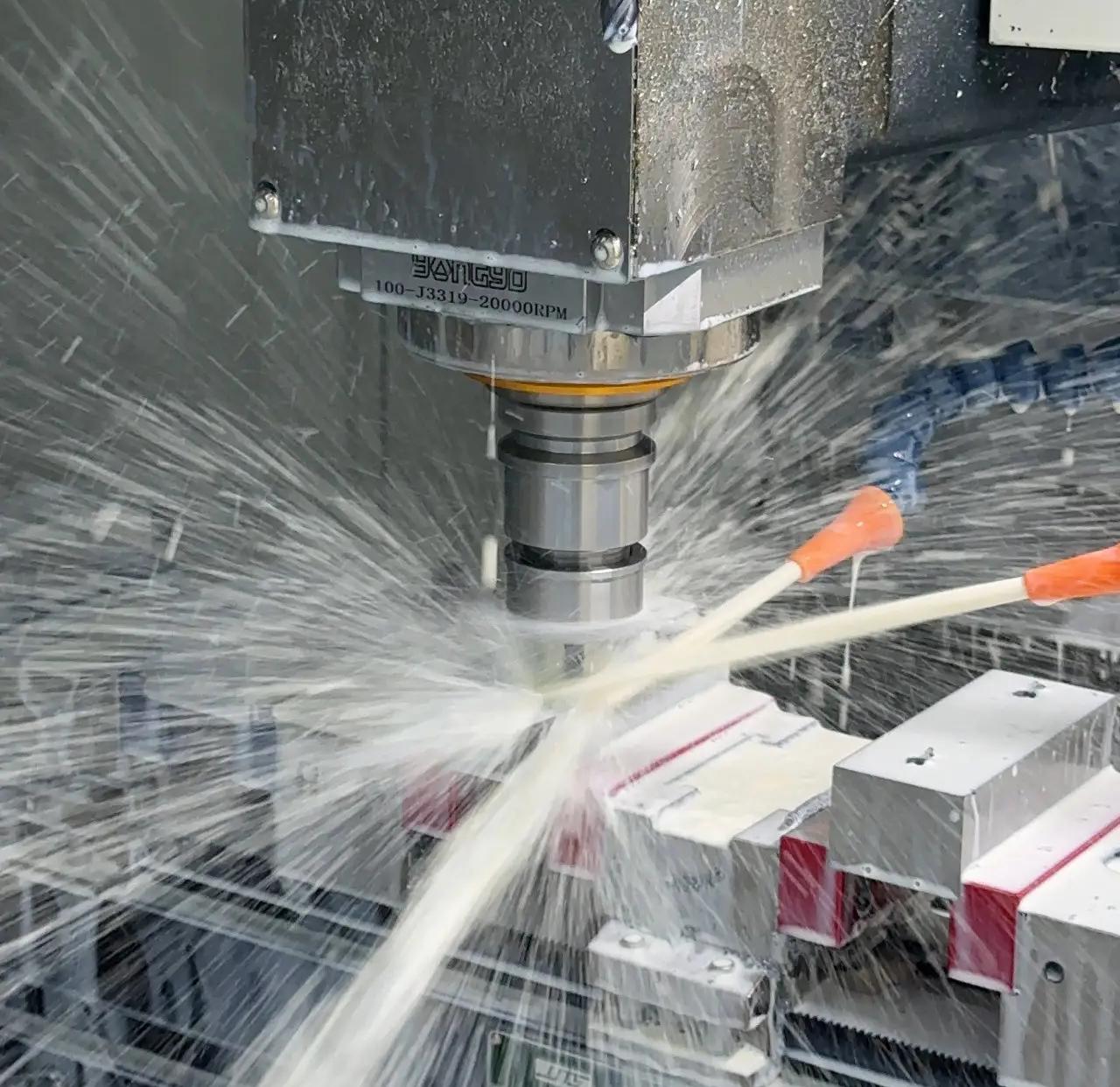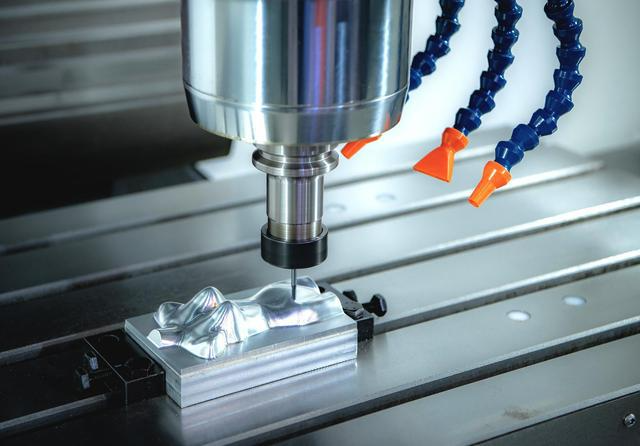CNC (Computer Numerical Control) machining is a cornerstone of modern manufacturing, offering precision, efficiency, and scalability for producing complex parts. However, one of the most common questions manufacturers and businesses ask is: "How much does CNC machining cost per hour?"
The answer isn’t straightforward, as hourly rates vary based on machine type, material, labor costs, and geographic location. In this guide, we’ll break down the factors influencing CNC machining costs, provide average hourly rates, and discuss how businesses can optimize expenses. Additionally, we’ll touch on CNC machining services in key regions, including CNC machining Perth, where local demand for high-quality precision parts continues to grow.
Factors Affecting CNC Machining Hourly Rates
1. Machine Type and Capability
Different CNC machines have varying operational costs. Common types include:
- 3-Axis CNC Mills – The most affordable, typically costing 40–80/hour.
- 5-Axis CNC Machines – More complex, with rates ranging from 75–150/hour.
- CNC Lathes – Generally 30–70/hour, depending on size and automation.
- Multi-Tasking Machines (MTMs) – Advanced setups can exceed $200/hour.
High-precision machines with faster spindle speeds and tighter tolerances command higher rates.
 2. Material Costs
2. Material Costs
The workpiece material significantly impacts machining expenses:
- Aluminum – Easy to machine, costing 50–100/hour.
- Stainless Steel – Harder to cut, increasing rates to 70–120/hour.
- Titanium & Exotic Alloys – Require specialized tools, pushing costs to 100–200/hour.
- Plastics – Cheaper at 30–60/hour but may need slower speeds.
3. Labor and Overhead Expenses
Skilled CNC operators in regions with higher wages (e.g., the U.S., Western Europe, or Australia) increase costs. For example:
- U.S. & Canada – 60–120/hour
- Europe – €50–€100/hour (~55–110)
- Asia – 20–50/hour (lower labor costs)
In Perth, Australia, CNC machining rates typically range from AUD 70–150/hour (approx. $50–110/hour), influenced by local labor and energy costs.
4. Batch Size and Complexity
- Prototyping (1–10 parts) – Higher per-unit cost due to setup time.
- Mass Production (100+ parts) – Lower hourly cost due to economies of scale.
- Complex Geometries – Intricate designs require slower machining, increasing costs.
5. Tooling and Maintenance
CNC machines need regular maintenance, and cutting tools wear out over time. These expenses are factored into hourly rates.
Average CNC Machining Costs Per Hour (2024 Estimates)
| Machine Type | Hourly Rate (USD) |
| 3-Axis CNC Mill | 40–80 |
| 5-Axis CNC Mill | 75–150 |
| CNC Lathe | 30–70 |
| High-Speed CNC | 100–200 |
| Swiss-Type Lathe | 80–160 |
Note: Rates fluctuate based on location, material, and shop overheads.
 How to Reduce CNC Machining Costs
How to Reduce CNC Machining Costs
1. Optimize Design for Manufacturability (DFM)
- Minimize complex geometries.
- Use standard tool sizes.
- Avoid excessive tight tolerances unless necessary.
2. Choose the Right Material
- Select cost-effective metals like aluminum for prototyping.
- Avoid exotic alloys unless strength/weight requirements demand it.
3. Leverage Local or Overseas Shops
Local shops (e.g., CNC machining Perth) reduce shipping costs and lead times.
Offshore manufacturing (China, India) offers lower rates but longer delivery times.
4. Order in Larger Quantities
Bulk orders spread setup costs across more parts, reducing per-unit expenses.
CNC Machining in Perth: A Growing Hub for Precision Manufacturing
Perth, Australia, has seen a rise in demand for high-quality CNC machining services, particularly in industries like mining, aerospace, and automotive. Local shops offer competitive rates, with CNC machining Perth providers charging between AUD 70–150/hour, depending on project complexity. The city’s strong engineering sector and access to advanced CNC technology make it a reliable choice for businesses needing precision parts without overseas delays.
Conclusion: Balancing Cost and Quality in CNC Machining
Understanding CNC machining costs per hour requires evaluating machine type, material, labor, and production volume. While rates can range from 30–200/hour, smart design choices and supplier selection can significantly reduce expenses. For businesses in Australia, partnering with a trusted CNC machining Perth provider ensures quality, faster turnaround, and support for local manufacturing. Whether you're prototyping or scaling production, optimizing these factors will help you achieve cost-effective, high-precision results. By staying informed and working with experienced machinists, companies can maximize efficiency and maintain competitive pricing in an evolving industrial landscape. 




